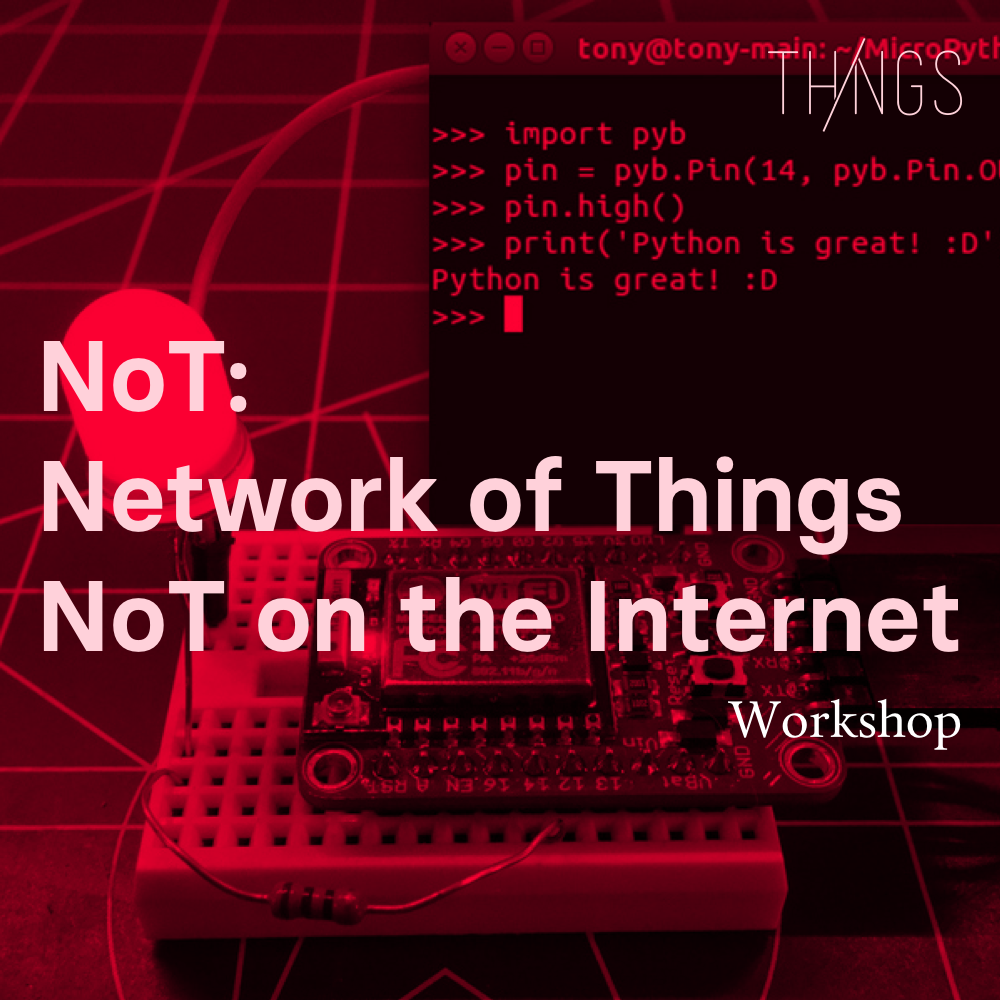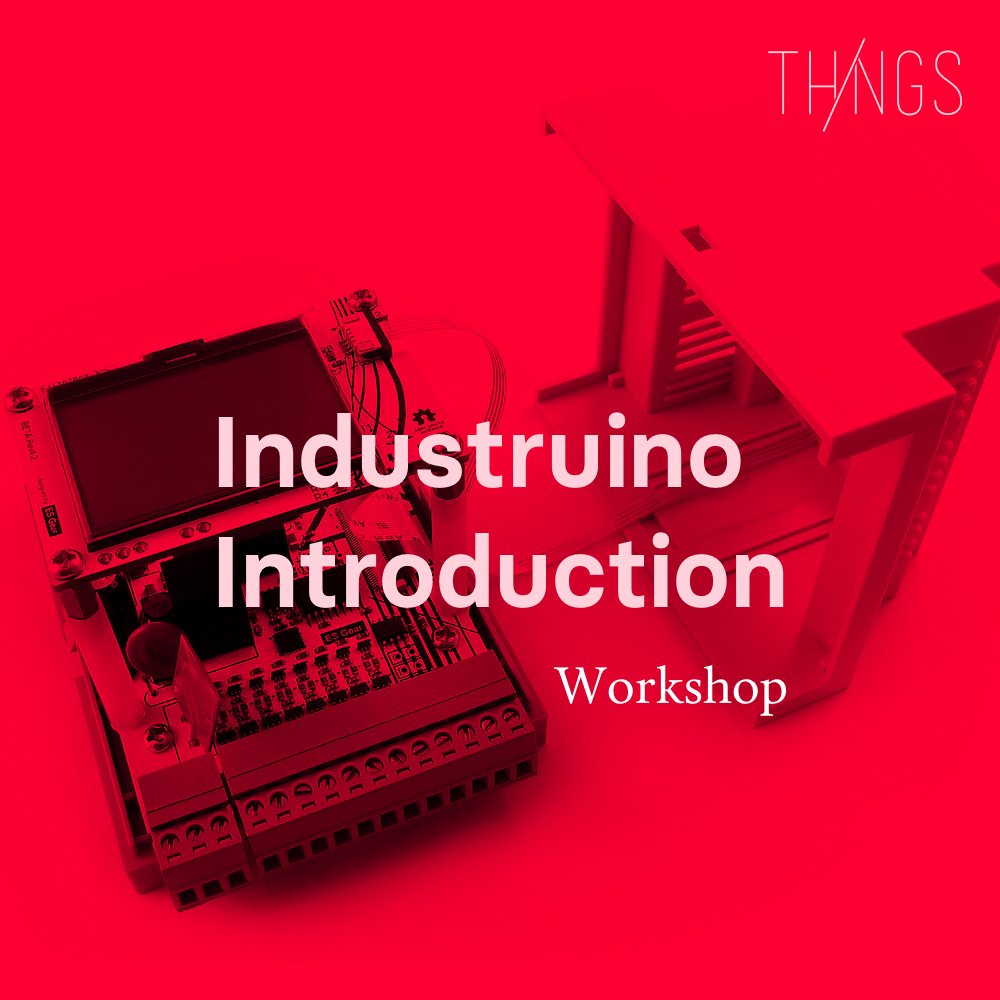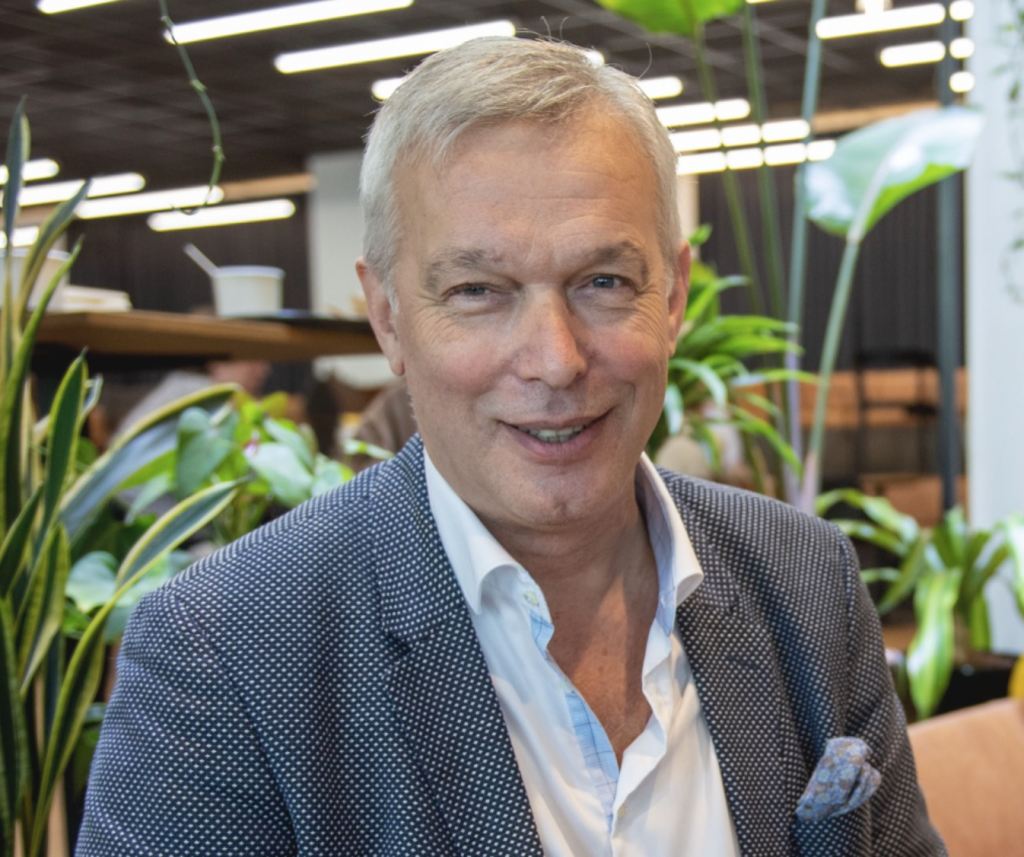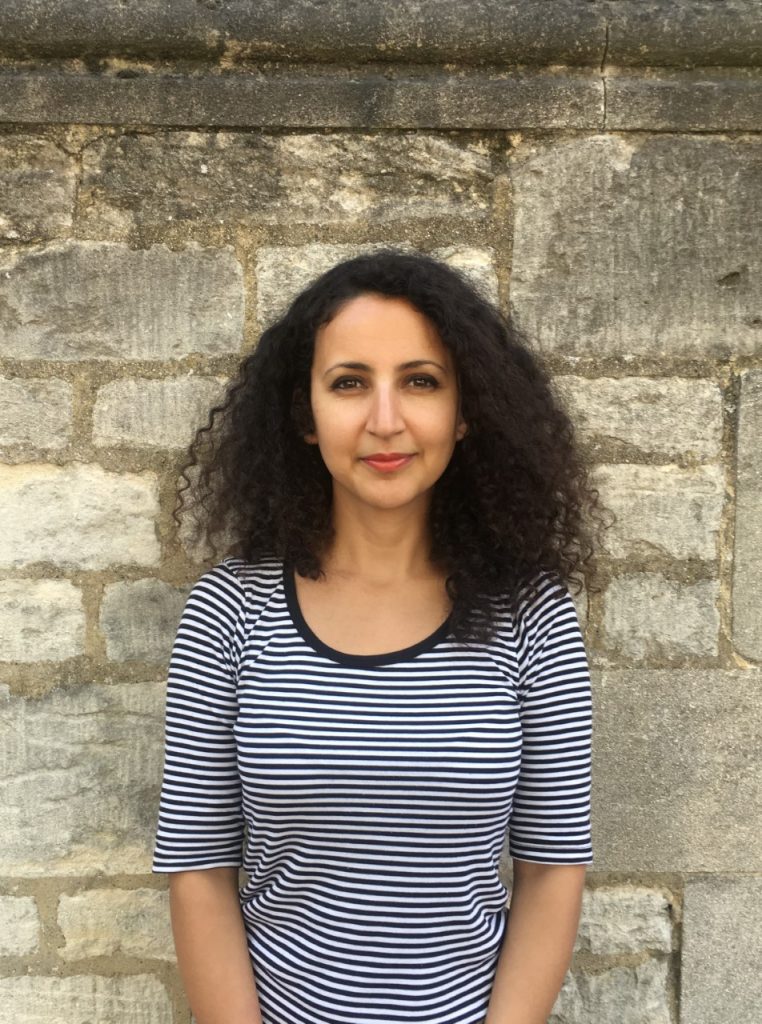Thursday 12 December 10:15-13:00 14:00-16:30
Curated by Lorna Goulden
Facilitator: Mariagiulia Benato
Build a responsible business case
After a morning discussing a range of IoT product development strategies and new product innovations this track will shift the focus in the afternoon to the challenge of developing a viable and responsible business case. After a quick introduction to the IoT stack, from a business perspective, then assessing a hands-on example, participants will work together using a specially developed business modeling tool to develop a Responsible Business Case for one of the IoT propositions from the morning session.
The morning presentations are listed below:
Cayla Key | University of Dundee
Living with Things: Alternative human-thing
translations
Cayla will talk about a project which explored living with the livelihood of data and connected things in peoples’ homes. As a way to be aware and present with how they are entangled in our home lives, and in what ways that might help us resist alienation and imagine futures where these things are more than mere assets. She will discuss what design challenges and opportunities arise from these findings and ask what other translations might we design for when considering the liveliness of humans and non-humans? What if we were able to translate authority, agency, and empowerment for example.
Sarah Kiden | University of Dundee
Sarah is a technologist and researcher, interested
in how technology and society intersect. She is a Marie Curie Research Fellow
on Open Design of Trusted Things (OpenDoTT), a joint PhD programme between the
University of Dundee and Mozilla.
Through the OpenDoTT project, she hopes to explore possibilities for
smaller-scale local Internet of Things (IoT) technology and how communities and
neighbourhoods can be supported in making the best use of them.
She has researched and worked on projects that
build, deploy, train and advocate for technology solutions and meaningful
Internet access for grassroots communities. She was a 2017-2018 Ford-Mozilla
fellow hosted by Research ICT Africa and working on broadband performance and
Internet measurements.
Megan Anderson and Shay Raviv | STBY
Ask Me Anything (AMA) session about Design Research for Responsible IOT
Pioneering with responsible and ethical tech, and
aiming to shape a positive future impact of connected products, also means
making sure that the devices and services fit into the everyday lives of the
people who will be using them. Design Research is a way to investigate and
probe opportunities that make a meaningful, valuable difference in the lives of
individual people, communities and society. Design Research integrates
progressive understanding with creation and prototyping. There are many methods
and tools to step into the shoes of future users for a while and explore how,
from their perspective, new innovative and smart products and services could
add value.
STBY is specialised in Design Research for Service
Innovation. Their insights have informed and inspired many innovation projects,
including connected products and machine learning. In this open format
Ask-Me-Anything session they will try answer all questions from the IOT
community on how to integrate Design Research into prototyping and development
processes.
Maarten van Maarschalkerweerd | Springtime
Geheugendeuntjes (Memory tunes)
New concept for a connected music player tailored for people with dementia.
Johanna Tiffe
Sustainable Open Source e-bike How could a human centered sustainable connected mobility look like? About the challenges of creating a sustainable open source e-bike and introduces the idea of e-bike.brain – wiki and communication platform for developers, supporters, enthusiasts.
Marcel Shouwenaar | The Incredible Machine
House.coop, a start-up that develops a concept for cooperative ownership of houses: WeOwnThisPlace.
Lorna Goulden | Internet of Things explorer
Workshop: Building a viable and responsible
Internet of Things Business Case
After a morning of sharing and discussion on IoT
product innovation, from user engagement and design research, to service development
and prototyping of responsible IoT ideas. Lorna Goulden proposes to take these
IoT product cases as a starting point for a hands-on workshop with
constructive-critical discussion on the challenges of building a viable and responsible
IoT business case.
Lorna has 20+ years’ experience working across a
wide range of industries from smart city developments in Eindhoven, Amsterdam
and Barcelona to customer-centric strategies and technology-impact innovations
for companies such as ASML, Cisco, DAF-trucks, Deutsche Telekom, NXP, Philips
and Ziggo. She has written and spoken extensively about the Internet of Things
and Smart Cities with a particular focus on the role of people and the impact
on society. She organizes the Eindhoven Internet of Things Meetup community
(1500+members) in the Netherlands and initiated the Eindhoven The Things
Network community, joining a global initiative that is building citywide
community-owned LoraWAN IoT urban data networks.




